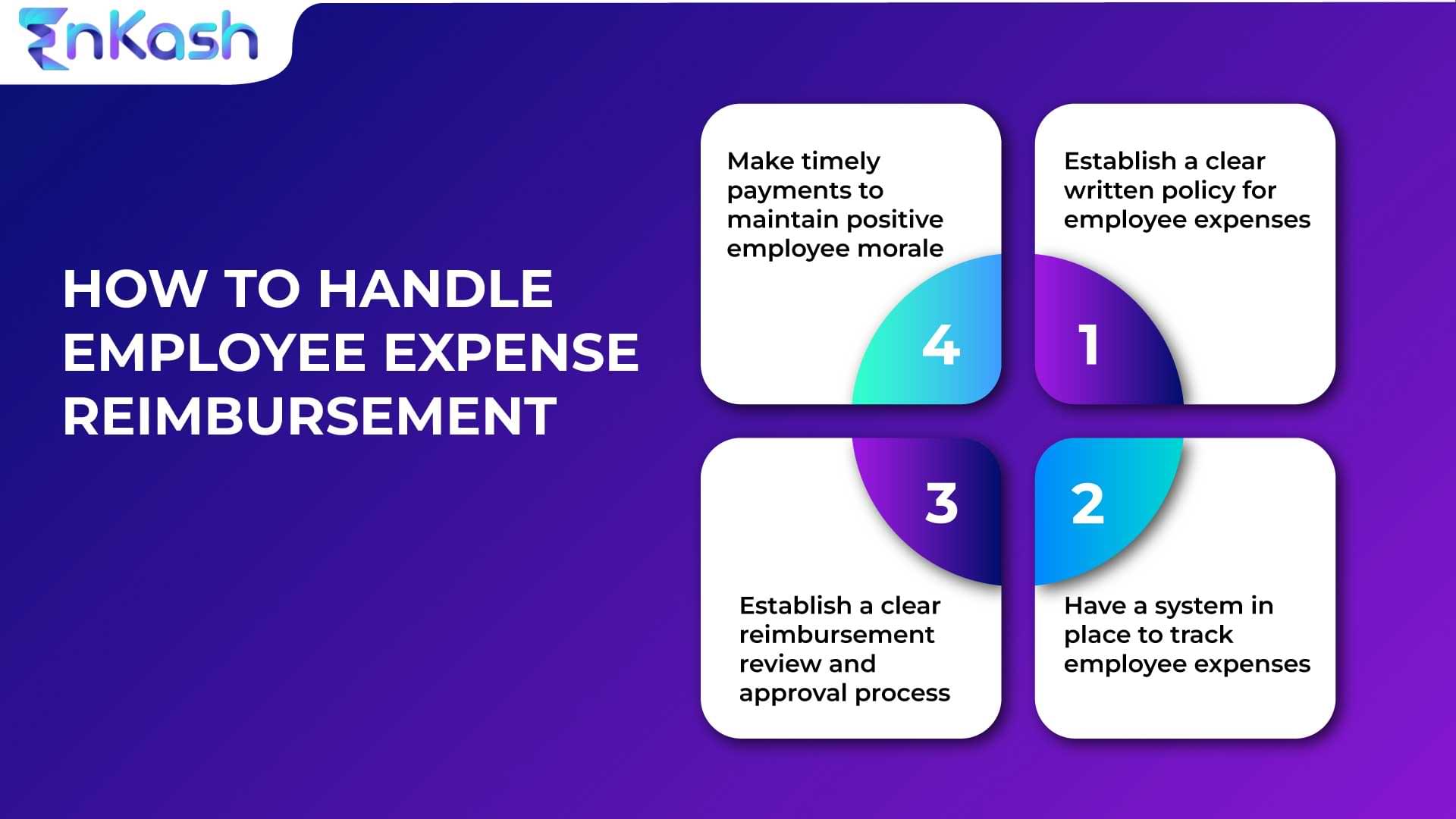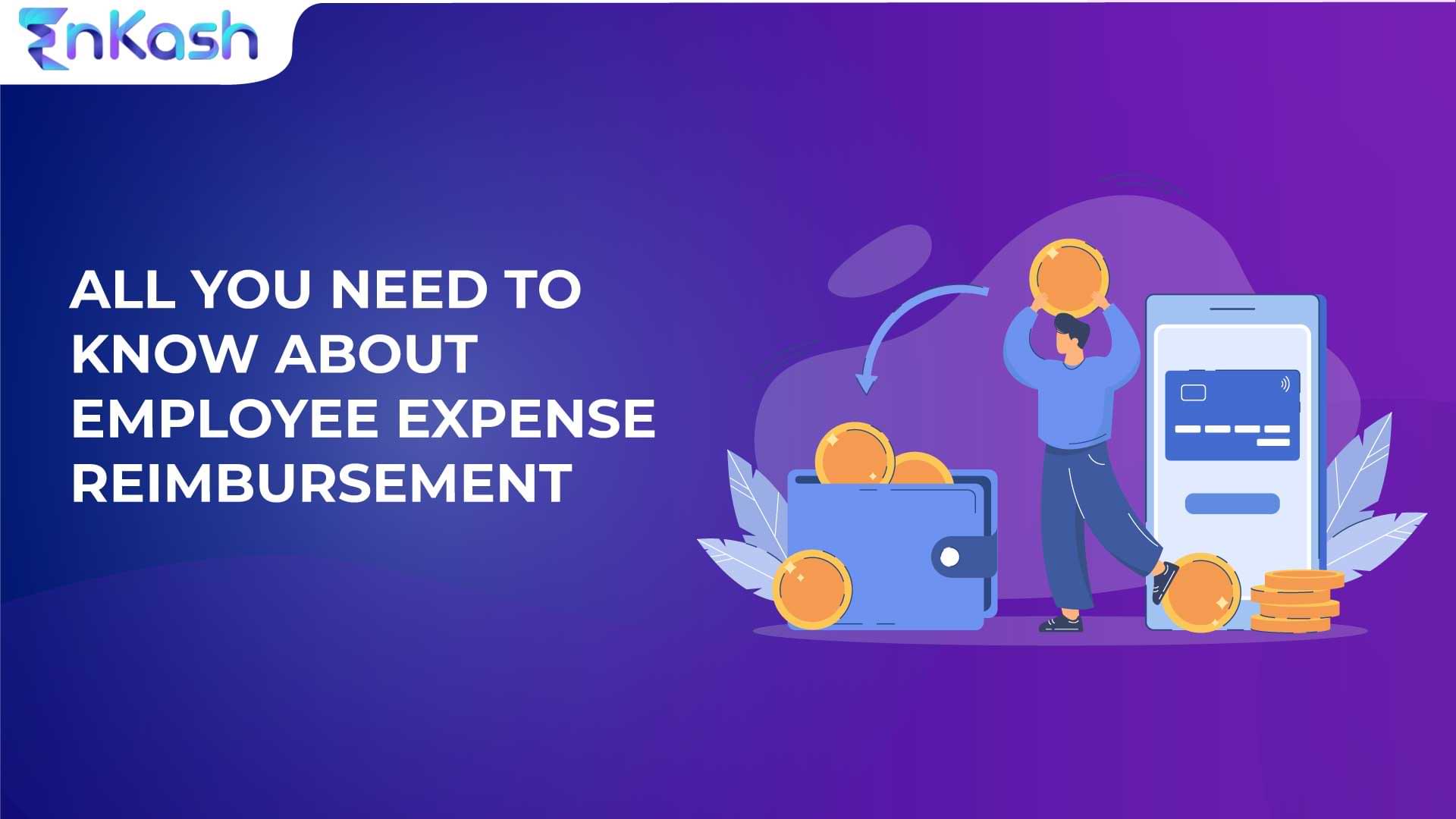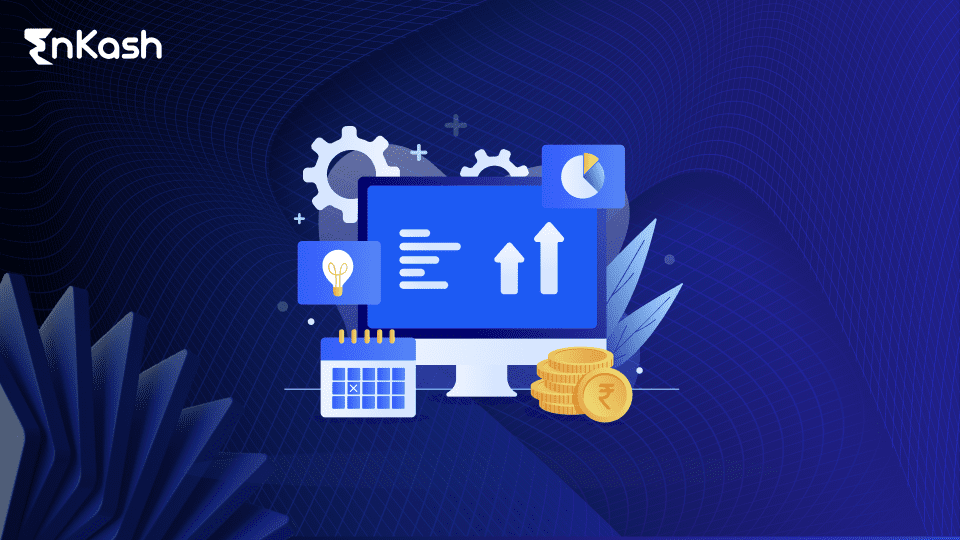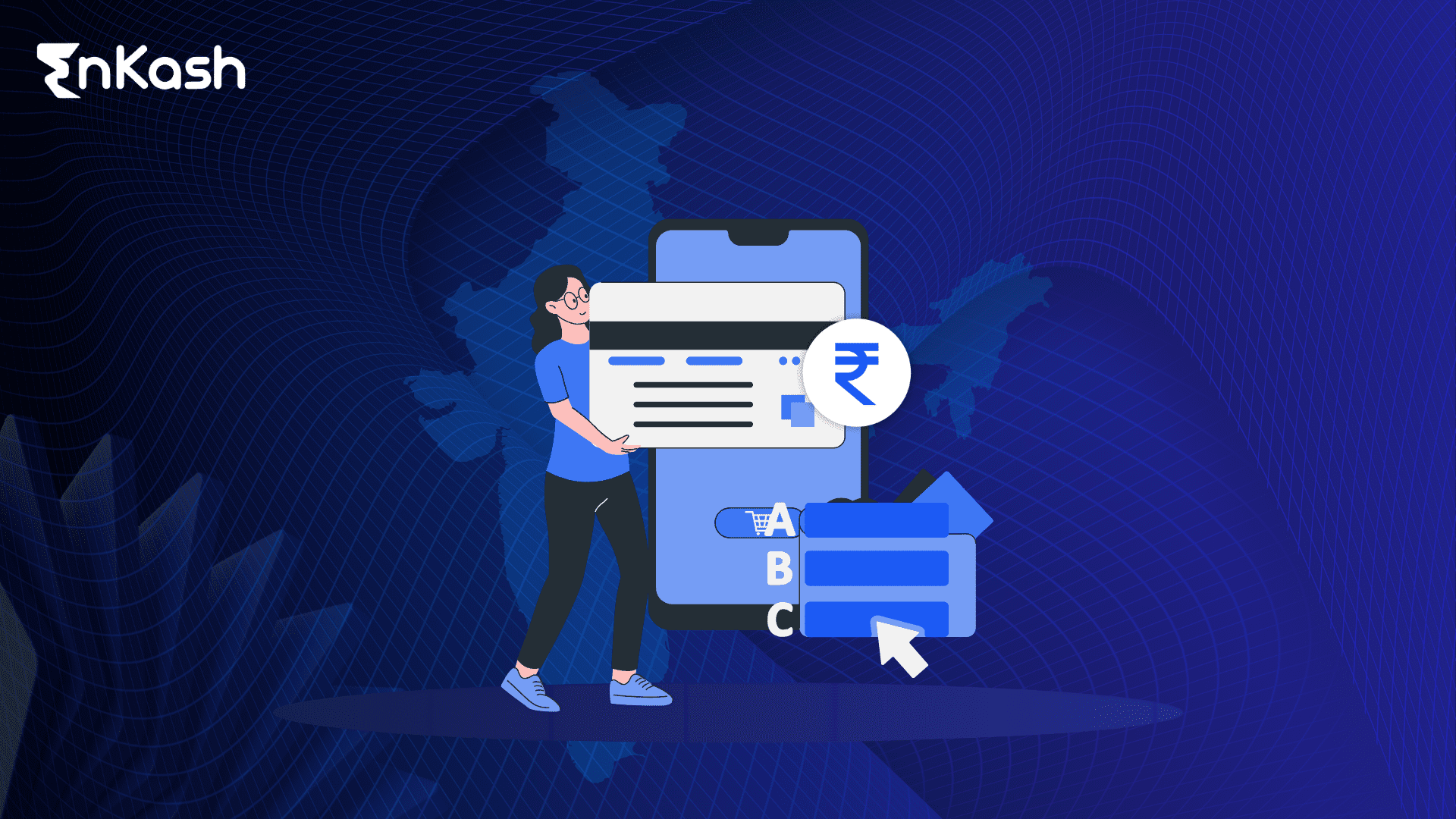Employee expense reimbursement is a process where an employer reimburses an employee for expenses incurred while performing job-related tasks. These expenses may include travel, training, equipment, and other business-related costs. Moreover, the reimbursement policies are pre-written by the employer with full-fledged information to clear all the confusion of employees regarding expense reimbursement.
The policy outlines the types of expenses that are eligible for reimbursement and the required documentation. Reimbursement should be done promptly and should follow tax laws and regulations. The employer may choose to offer a company credit card or a direct deposit system for expense reimbursement. Both the employer and employee need to keep accurate records of all expenses for accounting and tax purposes. In this blog, we will talk about everything about employee expense reimbursement.
Read on!
What is employee expense reimbursement?
Employee expense reimbursement is a process of paying back employees for business-related expenses. It includes travel expenses, meals, transportation costs, and other work-related expenses that are not covered by the employee’s regular salary or benefits.
Companies have different policies regarding expense reimbursement, but it is typically based on the submission of receipts and supporting documentation. Moreover, the reimbursement process with an automated expense reimbursement system can be very beneficial for organizations.
There are three types of reimbursements: Travel and mileage, healthcare, and business expenses. Whether an account executive uses their travel credit card to book airfare, or an office manager uses their account to pay for the printing of board presentations, all of these transactions are accounted for in reimbursement. For reimbursable business expenses, there are numerous categories. To be eligible for reimbursement, employees must follow the company’s established procedures, comply with all applicable laws and regulations, and ensure that their expenses are reasonable and necessary for business purposes.
Types of Employee Expense Reimbursement
Some common types of employee expense reimbursements include travel expenses, meal expenses, transportation costs, work-related supplies, training and conference fees, and miscellaneous expenses. These expenses are typically reimbursed upon submission of receipts and supporting documentation by adhering to company policies. Let us understand these in detail:
- Travel expenses: This includes airfare, hotel, car rental, and other travel-related expenses incurred while on a business trip
- Meal expenses: Reimbursement for meals while on a business trip or for meals with clients
- Transportation costs: This includes gas, parking, tolls, and public transportation costs for business purposes
- Work-related supplies: This can include office supplies, equipment, or tools necessary for the job
- Training and conference fees: Reimbursement for fees related to attending professional development events or conferences
- Miscellaneous expenses: Other expenses that are unique to the job and essential for carrying out the job duties like uniforms and supplies
Expense reimbursement also depends upon the line of work; for instance, you also get working-from-home reimbursement. It is a benefit for the employee if the job provider is paying them whenever they travel for business-related work. Further, we will understand how to handle staff reimbursement.
How to handle staff reimbursement?
Staff reimbursement policies are designed to be fair, time-saving, and in compliance with company policies and regulations. The process is simple, employees submit receipts for expenses and other documentation to get approval by the top management. After that, the employee receives reimbursement either through payroll or a separate payment.
 How to handle employee expense reimbursement
How to handle employee expense reimbursement
The goal of staff reimbursement is to ensure that employees are not personally impacted by business-related expenses and can effectively carry out their job duties without incurring significant out-of-pocket costs. Handling staff reimbursement involves the following steps:
- Establish clear policies: Develop and communicate clear policies for employee expenses and the reimbursement process, including what expenses are eligible for reimbursement and how employees should submit requests.
- Encourage documentation: Require employees to keep receipts and other supporting documentation for all expenses to be reimbursed.
- Review and approve requests: Set up a process for reviewing and approving expense reimbursement requests and establish clear guidelines for what expenses are eligible.
- Make timely payments: Reimburse employees promptly, either through payroll or with a separate check, to ensure they are not out of pocket for extended periods.
- Keep records: Maintain accurate records of all employee expenses and reimbursements to ensure compliance with tax laws and company policies.
- Review and update policies regularly: Regularly review and update reimbursement policies to ensure they are still relevant and in line with company goals and changing business needs.
Is Employee Expense Reimbursement Taxable?
Yes, employee reimbursements are taxable as they count in the income of the employee. However, there are some exceptions for certain types of expenses that are necessary for the performance of the job, such as work-related travel expenses. It is best to consult with a tax professional for specific information regarding the situation.
Examples of taxable employee reimbursements include:
- Business expenses such as supplies, equipment, and meals
- Home office expenses
- Vehicle expenses such as gas and maintenance
Examples of tax-free employee reimbursements include:
- Moving expenses for a job change
- Travel expenses for work-related trips
- Job search expenses
It is important to keep accurate records of work-related expenses and to properly report all taxable reimbursements on your tax return. If in doubt, it is advisable to consult a tax professional for specific guidance on the situation.
Using EnKash to manage Employee Reimbursements
EnKash is a financial management platform that offers an expense management solution using which companies can not just make payments but also track, monitor, and control all types of expenses such as reimbursements.
Here are some of the features that EnKash’s reimbursement module allows businesses to do:
Advanced AI Technology
The reimbursement module in EnKash allows employees to submit their claims in real-time. The advanced OCR technology automatically scans the receipt and collects details from it without any need for manual entry. This makes the reimbursement process convenient and efficient for both the employees and the finance department.
WhatsApp Integration
Businesses can seamlessly integrate WhatsApp with EnKash’s reimbursement solution. The expenses can be instantly approved or rejected by the manager without logging into the platform.
Real-time Tracking
The expenses made by employees for business purposes can be tracked in real-time. This brings in efficiency and transparency. Employees can check if the claim has been approved for processing or rejected due to missing information.
Deviation Alerts
A policy deviation warning will be received if an employee submits an expense outside the defined limits.
An efficient employee expense reimbursement will not only help employers but also motivate employees. It shows how the company values the contributions of employees and is willing to support them. Reimbursing employees for expenses following company policies and government regulations helps the company maintain compliance and avoid any legal or financial consequences.
In conclusion, employee expense reimbursement is a crucial aspect of managing a company and its finances. Also, companies should strive to have a well-organized and efficient process in place to ensure the benefits outlined above are realized. So, are you looking for a quick reimbursement platform that can automate the processes, simplify tracking, and give total transparency? If yes, then explore EnKash, an all-in-one comprehensive commercial payment platform.
FAQs
What documentation should be required under employee reimbursement policies?
Employees need to submit or scan original or digital copies of receipts, invoices, or bills that will provide evidence of the expense incurred. These documents must show clear data including date, amount, vendor details, and a description of the expense.
Are receipts required for reimbursement approval?
Yes, receipts are necessary for reimbursement approval. Receipts are the evidence of the expenses and help establish transparency and accuracy. For small expenses, companies may allow alternative documentation like cash memos but receipts are preferred for validation.













